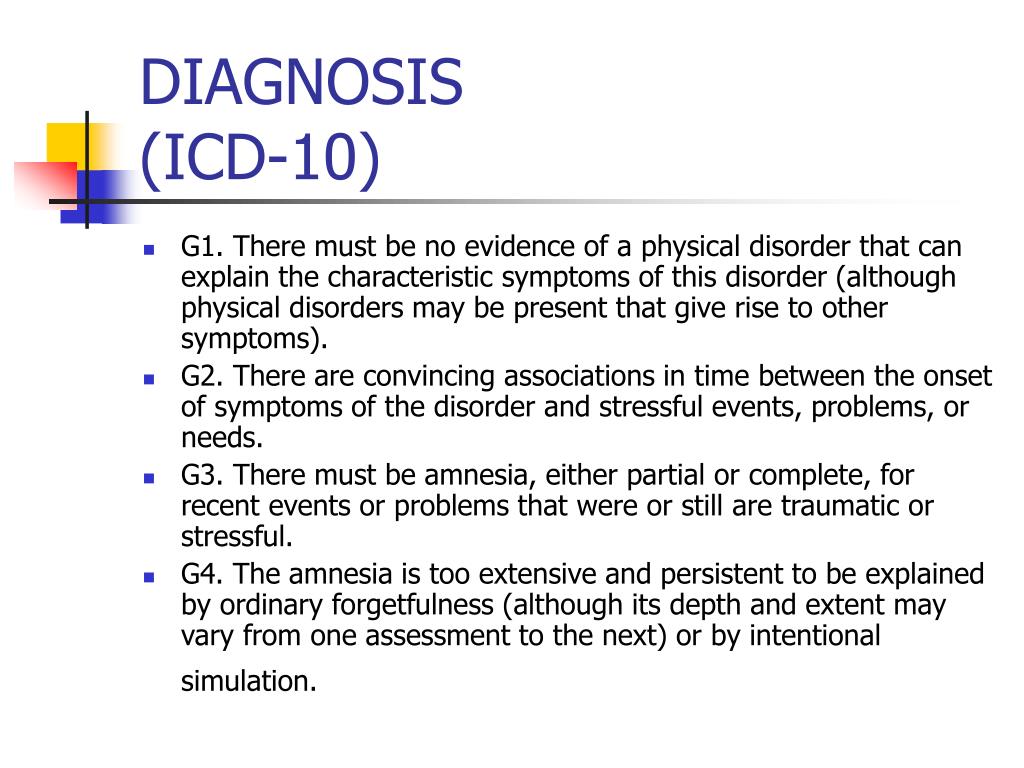

It may be further divided as nonamnestic single- or multiple-domain MCI, and these individuals are believed to be more likely to convert to other dementias (for example, dementia with Lewy bodies). Nonamnestic MCI (naMCI) is mild cognitive impairment in which impairments in domains other than memory (for example, language, visuospatial, executive) are more prominent. It is possible that being diagnosed with cognitive decline may serve as an indicator of MCI. Studies suggest that these individuals tend to progress to probable Alzheimer's disease at a rate of approximately 10% to 15% per year. Īmnestic MCI (aMCI) is mild cognitive impairment with memory loss as the predominant symptom aMCI is frequently seen as a prodromal stage of Alzheimer's disease. MCI can present with a variety of symptoms, but is divided generally into two types. 4.1.2 Carbohydrates for improving the cognitive performance.4.1.1 For people with mild cognitive impairment.Mild cognitive impairment has been relisted as mild neurocognitive disorder in DSM-5, and in ICD-11, the latter effective on the 1st of January 2022.

The cause of the disorder remains unclear, as well as its prevention and treatment. It includes both memory and non-memory impairments. MCI may occur as a transitional stage between normal aging and dementia, especially Alzheimer's disease. Mild cognitive impairment ( MCI) is a neurocognitive disorder which involves cognitive impairments beyond those expected based on an individual's age and education but which are not significant enough to interfere with instrumental activities of daily living. Incipient dementia, isolated memory impairmentĬan include memory impairments (amnestic) or cognitive problems like impaired decision making, language, or visuospatial skills (non-amnestic)Īge, family history, cardiovascular diseaseīased on symptoms assessed by a clinical neuropsychologist through observations, neuroimaging, and blood tests ICD-10-CM R41.2 is grouped within Diagnostic Related Group(s) (MS-DRG v39.Medical condition Mild cognitive impairment Memory loss for events and experiences that occurred before the incident that produced the amnesia.(from Adams et al., Principles of Neurology, 6th ed, pp426-9) Organic forms may be associated with craniocerebral trauma cerebrovascular accidents seizures dementia and a wide variety of other conditions that impair cerebral function. This process may be organic or psychogenic in origin. Loss of the ability to recall information that had been previously encoded in memory prior to a specified or approximate point in time.Other symptoms and signs involving cognitive functions and awareness mild cognitive impairment, so stated ( G31.84).(f) certain symptoms, for which supplementary information is provided, that represent important problems in medical care in their own right.



 0 kommentar(er)
0 kommentar(er)
